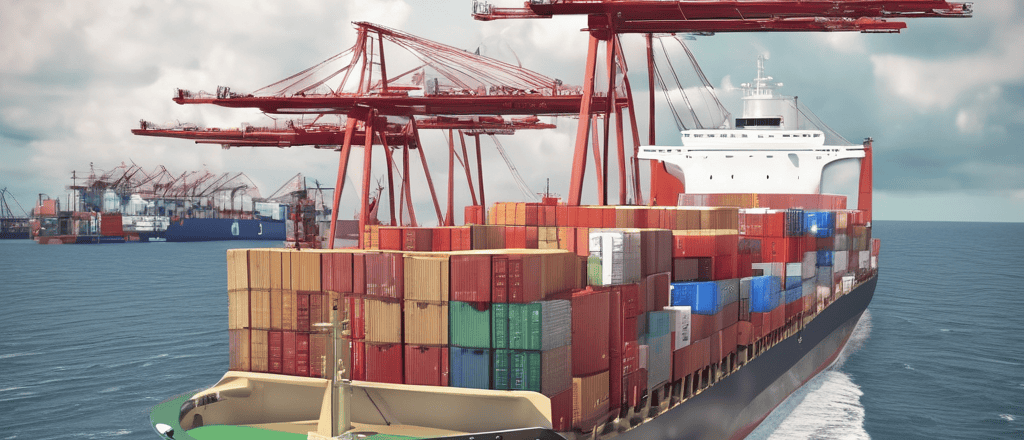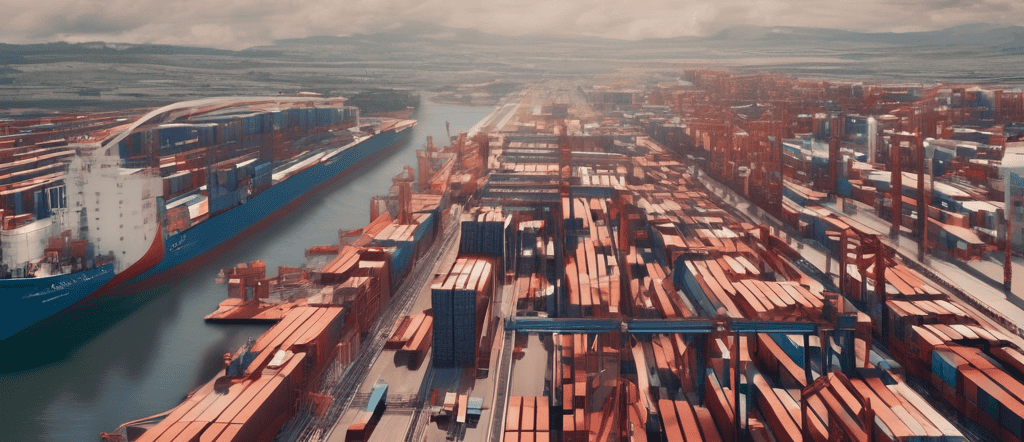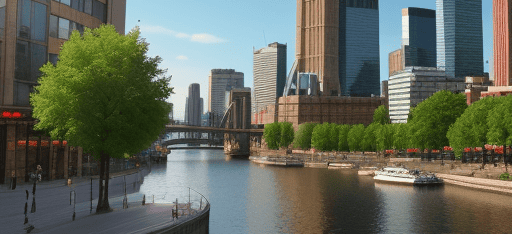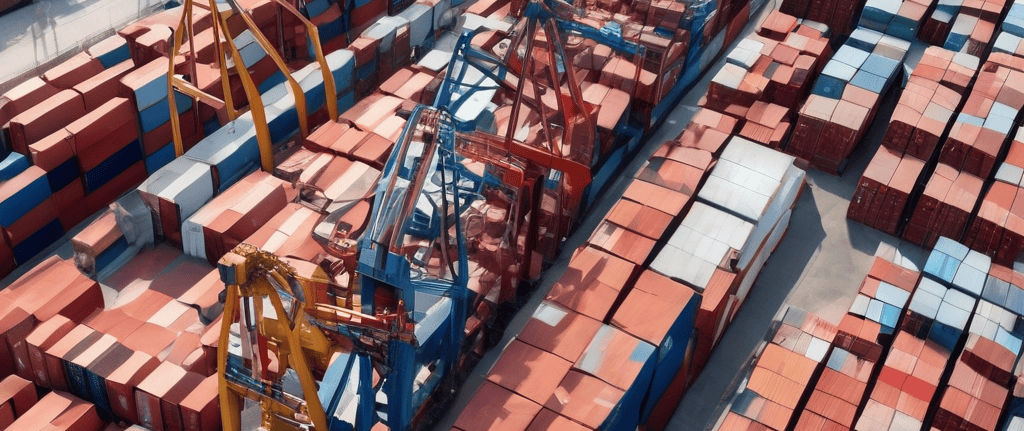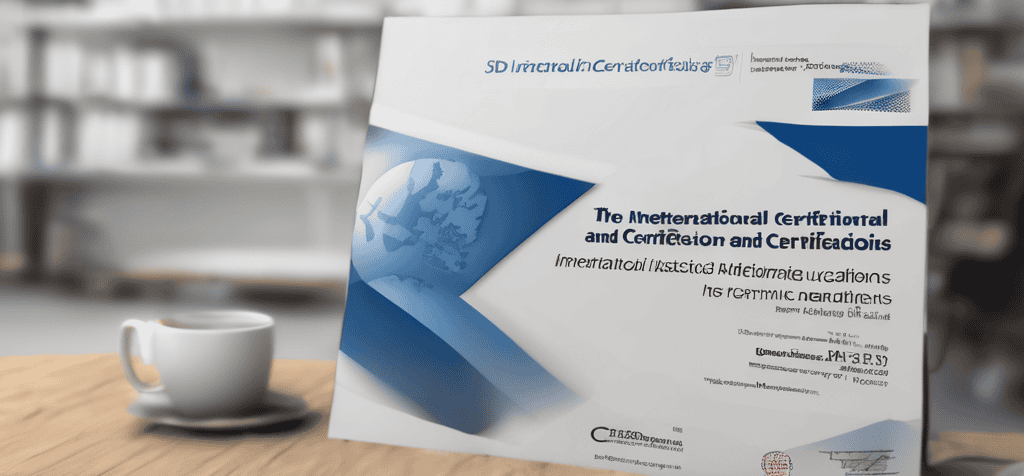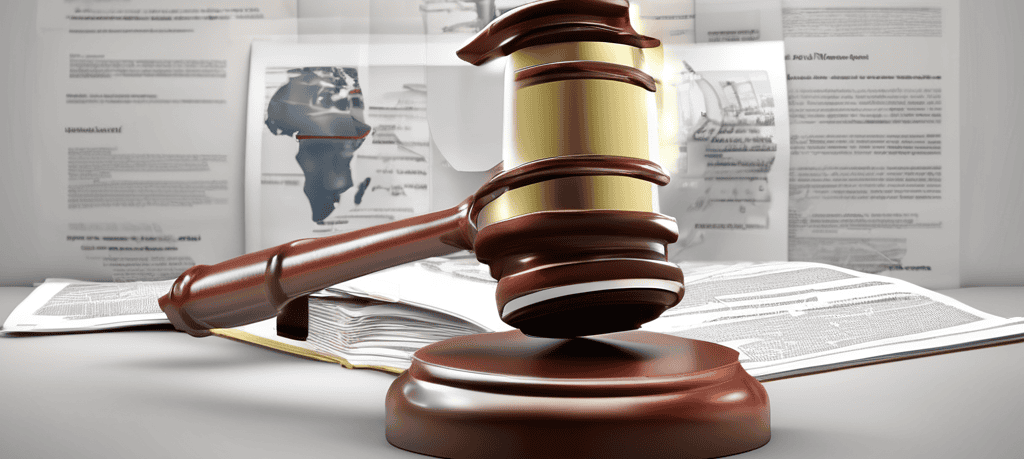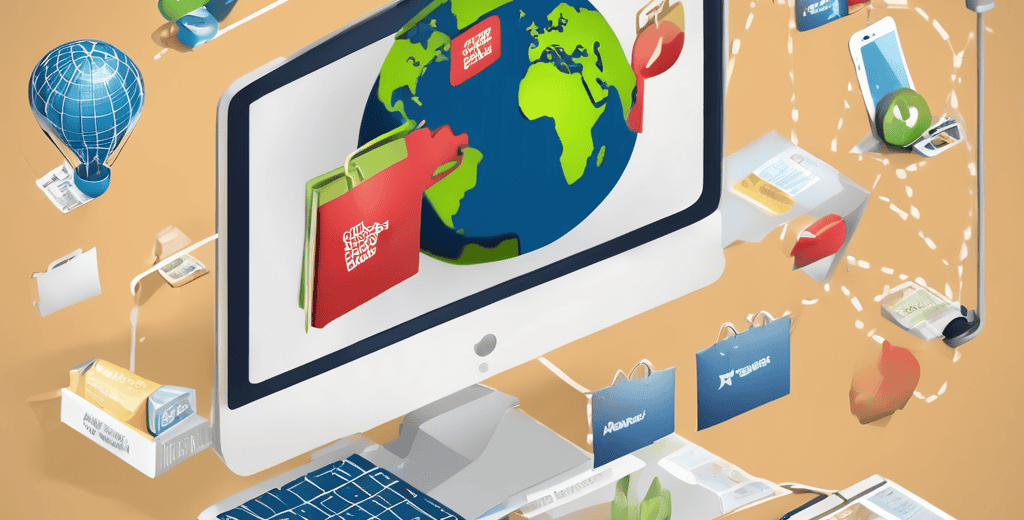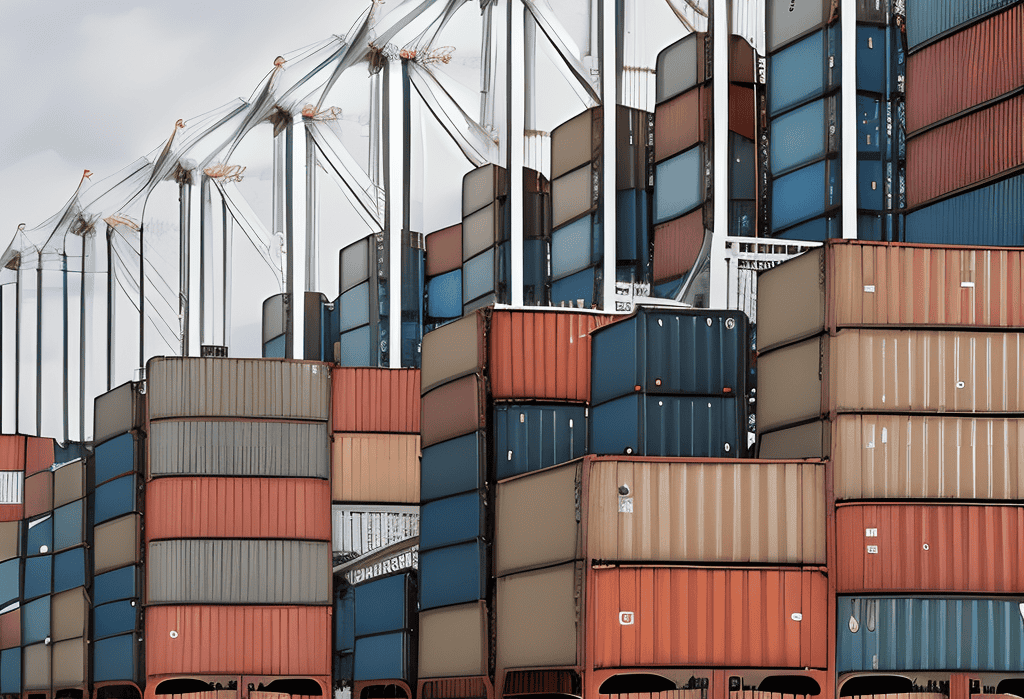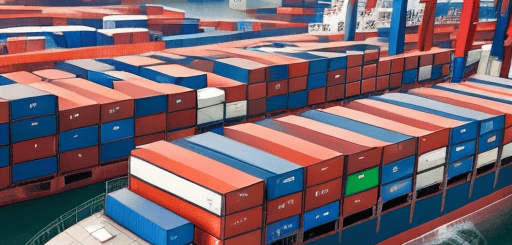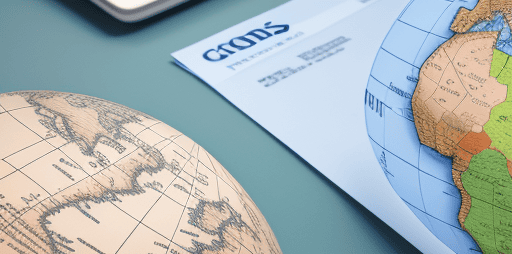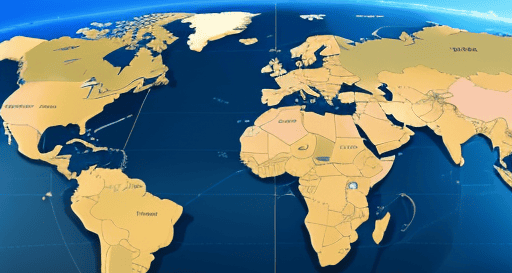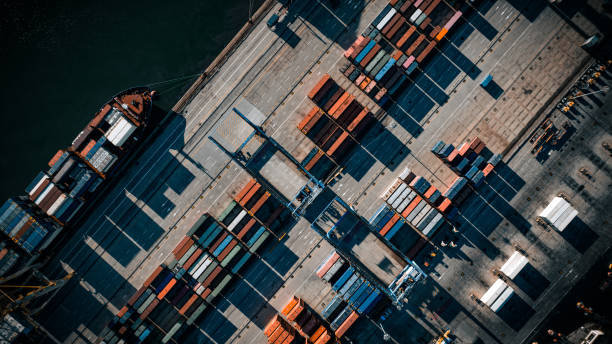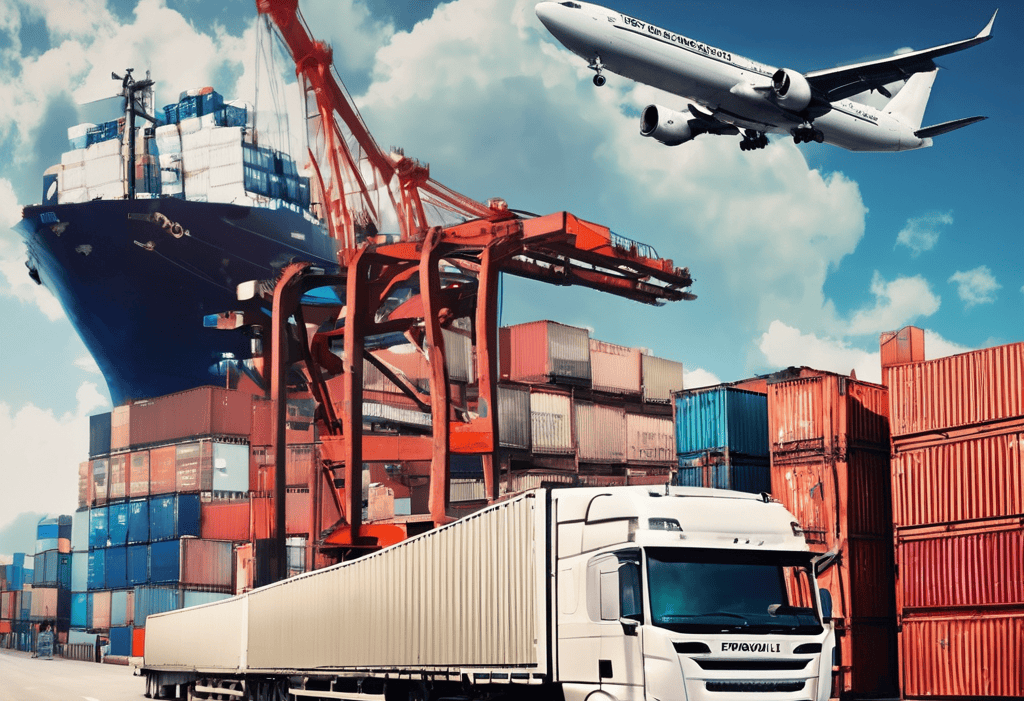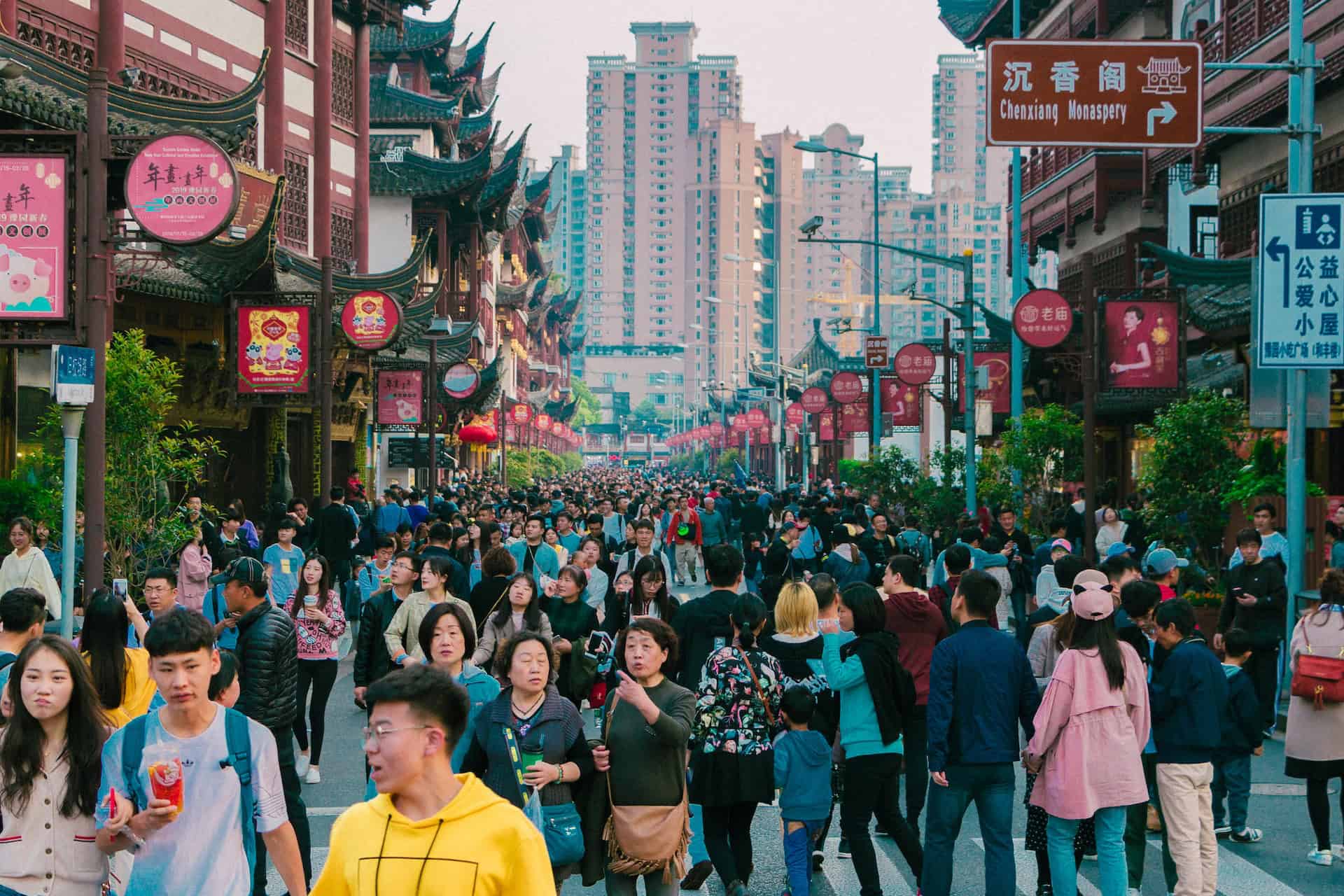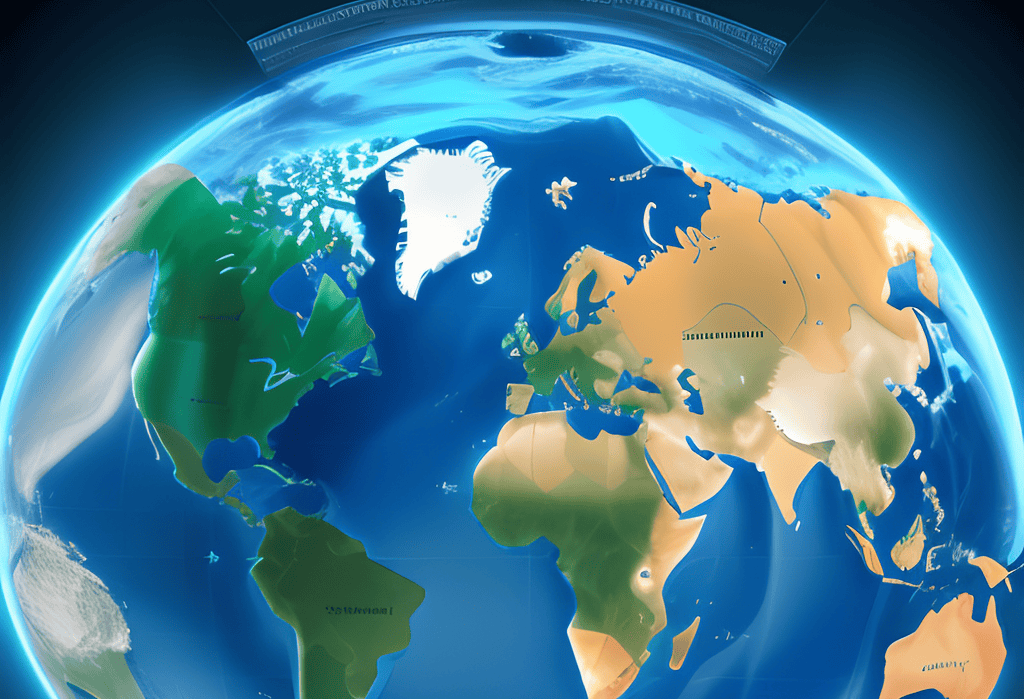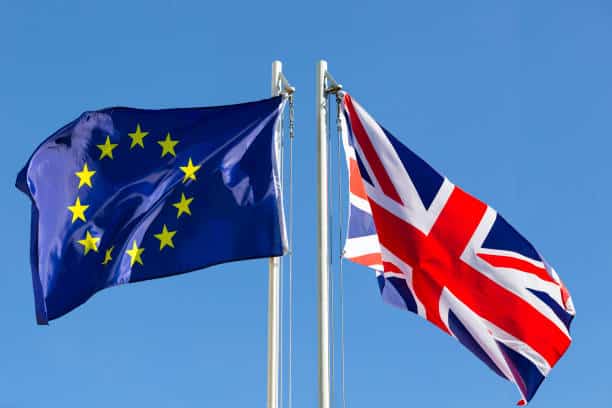Trade disputes can have far-reaching consequences for economies around the world. The World Trade Organization plays a crucial role in providing a fair and structured process for resolving these disputes. By following a well-defined process, including consultations, panel proceedings, and compliance monitoring, the WTO's dispute settlement mechanism helps maintain stability, promote fairness, and ensure the smooth functioning of the global trading system.
Understanding Trade Disputes
Trade disputes occur when one country believes that another country's trade practices violate international trade rules or agreements. These disputes can significantly impact global commerce and disrupt economic stability. Resolving trade disputes is crucial for maintaining a level playing field and fostering an environment of fair and open trade.
The World Trade Organization (WTO)
The WTO is an international organization that promotes global trade and serves as a forum for negotiations, agreements, and dispute settlement between its member nations. Established in 1995, the WTO provides a rules-based framework for conducting international trade and resolving trade disputes.
The Dispute Settlement Process
The WTO's dispute settlement process is a vital mechanism for resolving trade disputes among member countries. It operates under the Dispute Settlement Understanding (DSU), which provides a structured approach to settle disputes in a fair and timely manner. Let's break down the key steps involved:
- Consultations: The first step in the dispute settlement process is consultation between the disputing parties. This allows them to discuss their concerns and find a mutually agreeable solution. If consultations fail to resolve the issue within 60 days, the complaining party can request the establishment of a dispute settlement panel.
- Panel Establishment: A dispute settlement panel consists of independent experts who examine the case and issue a ruling. The panel's findings are based on the relevant WTO agreements and international trade laws. The panel's decision-making process is transparent and follows strict rules to ensure impartiality.
- Panel Proceedings: The panel examines the arguments, evidence, and legal interpretations presented by both parties. It conducts hearings, considers written submissions, and seeks expert advice if necessary. The panel's proceedings aim to address the specific concerns raised by the complaining party and evaluate the compliance of the defending party with WTO rules.
- Panel Report and Appeals: After considering all relevant information, the panel prepares a detailed report outlining its findings and conclusions. This report is presented to the disputing parties, allowing them an opportunity to provide feedback or appeal the decision. However, appeals can only be made on legal grounds and are subject to strict criteria.
- Adoption and Compliance: If no appeal is filed, the panel report is adopted by the WTO's Dispute Settlement Body (DSB). The DSB monitors the implementation of panel reports and ensures that the defending party takes appropriate actions to comply with the ruling. In case of non-compliance, the complaining party can seek authorization to impose retaliatory measures.
Success and Impact of WTO Dispute Settlement
The WTO's dispute settlement system has been remarkably successful in resolving trade disputes. Since its inception, over 600 disputes have been brought before the WTO, with a significant number settled through consultations and panels. The transparency and impartiality of the process have contributed to the system's credibility, fostering a rules-based international trading system.
Read more views



























